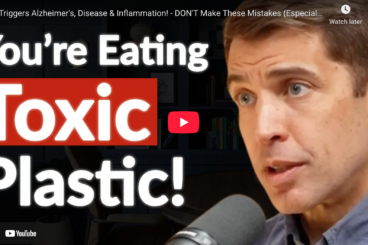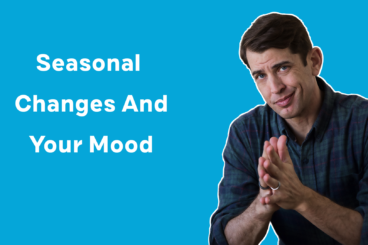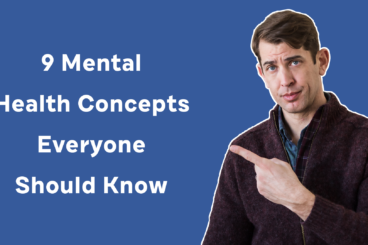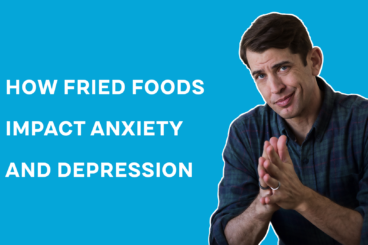This has been a rough week and heavy with loss for many people.
With the deaths of Kate Spade and Anthony Bourdain, we joined the friends, families and communities of the 123 people in the US who die by suicide every day.
I talk about suicide a lot, with patients who have lost family members, and with every patient I meet. My ideas about suicide are most shaped by their words.
Suicide is a word like cancer. We don’t like to say it, and talking about it makes us uncomfortable.
I’ve taught psychiatry residents and medical students to assess someone’s risk for suicide for the past 15 years and there is an inevitable awkwardness around the subject.
After all, if you haven’t been suicidal, feeling suicidal makes no sense. Things will get better, right? People also feel that somehow their questions will make things worse—that specifically asking if someone has a plan to kill themselves might trigger them to start planning.
Remember that silence, not struggling with a hard conversation, is the enemy.
I’ve sat with patients and families and stared at suicide.
What is it? What happened? What could have been done differently?
We can’t know with certainty what is in the mind of another. But we do know many of the risk factors like untreated depression, substance use disorders or easy access to firearms, and steps to we can take to prevent death by suicide.
This epidemic will get silenced only when we break our silence and end stigma. I had the chance to speak with NPR about some of my thoughts on suicide and suicide prevention, you can listen here. I also recently wrote about suicide prevention for Well & Good, you can read the article here.
If you are concerned about a friend, family member, or colleague, reach out with loving kindness. I can’t tell you how many patients have come to my office only after someone else expressed concern.
If you are feeling suicidal please get help today – start by telling someone now.
Remember that emergency rooms exist for a reason and that intense suicidal feelings are a medical emergency.
Get facts and learn from trusted sources such as the American Psychiatric Association, the American Society for Suicide Prevention, and The Jed Foundation.
The 24/7 National Suicide Prevention Lifeline: 1-800-273-TALK (en Español: 1-888-628-9454) is a great resource.



